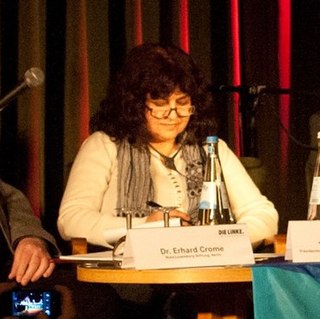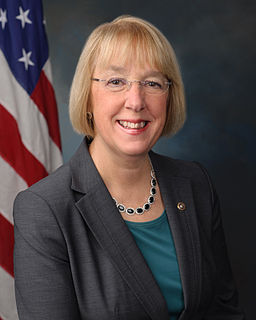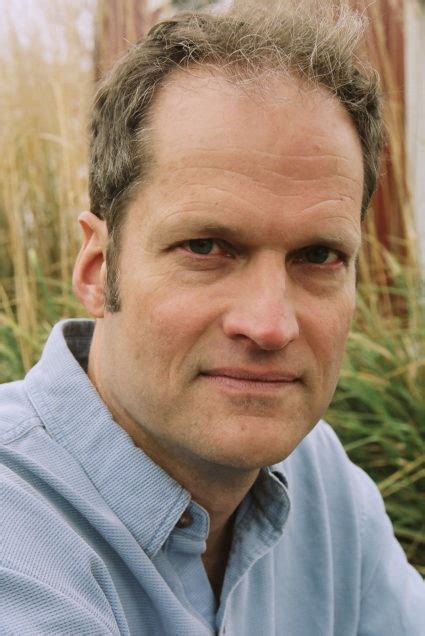A Quote by Bruce Babbitt
On areas like abortion where there is major disagreement among the mainstream religious groups in the Judeo-Christian tradition, I believe that requires a lot more caution. The Jewish position on abortion is very different from the Roman Catholic position. That is reason to be cautious about enacting laws rather than saying to the religious group: instruct your followers on these matters as matters of personal religious belief.
Quote Topics
Abortion
About
Among
Areas
Be Cautious
Belief
Believe
Catholic
Caution
Cautious
Christian
Different
Disagreement
Followers
Group
Groups
I Believe
Jewish
Laws
Like
Lot
Mainstream
Major
Matters
More
Personal
Position
Rather
Reason
Religious
Religious Belief
Requires
Roman
Roman Catholic
Saying
Than
Tradition
Very
Your
Related Quotes
I have no question that the Roman Catholic Church teaches that abortion in virtually all circumstances is wrong. I think the church's position at all times in modern history has been that it is unequivocally opposed to abortion.But that's not the question for a Catholic who is a public official. I happen to subscribe to the church's position as a person. Still the question, as Governor Mario Cuomo suggested, is: what is your obligation as a civic leader? I agree entirely with John F. Kennedy. I answer only to my conscience in my public life and that's that.
In religious and in secular affairs, the more fervent beliefs attract followers. If you are a moderate in any respect - if you're a moderate on abortion, if you're a moderate on gun control, or if you're a moderate in your religious faith - it doesn't evolve into a crusade where you're either right or wrong, good or bad, with us or against us.
I have no respect for the right-to-life position. But when you legislate personal belief, you're in violation of freedom of religion. The Catholic Church may espouse its opinion on abortion to the members of its congregation. But they are in violation of separation of church and state when they try to proselytize their abortion politics on people who are not Catholics.
Democracy demands that the religiously motivated translate their concerns in to universal, rather than religion-specific, values... it requires that their proposals be subject to argument and amenable to reason. Now I may be opposed to abortion for religious reasons, to take one example, but if I seek to pass a law banning the practice, I cannot simply point to the teachings of my church or evoke God's will. I have to explain why abortion violates some principle that is accessible to people of all faiths, including those with no faith at all.
Secular thinkers have no more been able to work free of the centuries-old Judeo-Christian culture than Christian theologians were able to work free of their inheritance of classical and pagan thought. The process... has not been the deletion and replacement of religious ideas but rather the assimilation and reinterpretation of religious ideas.
One reason which I find particularly fascinating about Israel is this. There is no such thing as a Jewish civilization. There is a Jewish culture, a Jewish religion, but there is no such thing as a Jewish civilization. The Jews were a component basically of two civilizations. In the Western world, we talk about the Judeo-Christian tradition and you talk about the Judeo-Islamic tradition because there were large and important Jewish communities living in the lands of Islam.
The moral problem of abortion is of a pre religious nature because the genetic code is written in a person at the moment of conception. A human being is there. I separate the topic of abortion from any specifically religious notions. It is a scientific problem. Not to allow the further development of a being which already has all the genetic code of a human being is not ethical. The right to life is the first among human rights. To abort a child is to kill someone who cannot defend himself.
My position is that I am personally opposed to abortion, but I don't think I have a right to impose my view on the rest of society. I've thought a lot about it, and my position probably doesn't please anyone. I think the government should stay out completely. I will not vote to overturn the Court's decision. I will not vote to curtail a woman's right to choose abortion. But I will also not vote to use federal funds to fund abortion.

































